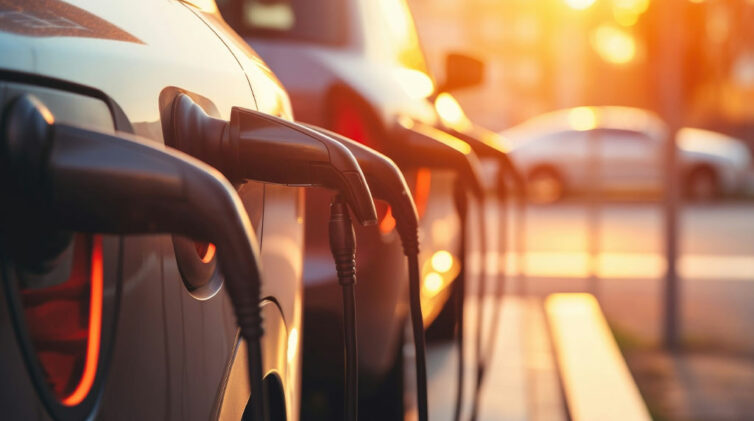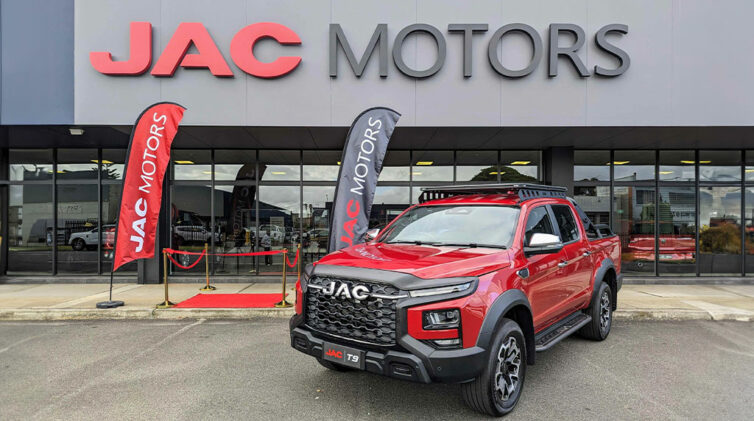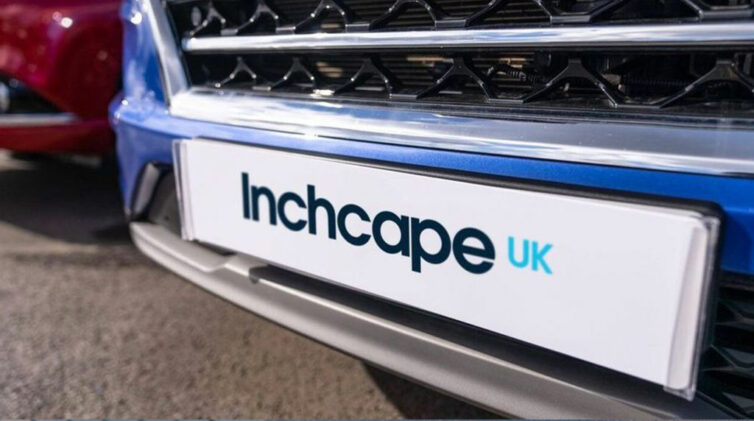The deal comes as forecast electric vehicle demand indicates potential shortages in raw materials including the lithium and cobalt needed for the current battery technology.
At the announcement of its new battery plans, Tesla last month said it would build its own cathode facility in North America to minimise distance between its car production and component suppliers.
In a push away from Chinese suppliers, Tesla senior vice-president of powertrain and energy engineering Drew Baglino said at the battery announcement that: “We’re going to go and start building our own cathode facility in North America and leveraging all of the North American resources that exist for nickel and lithium, and just doing that, just localizing our cathode supply chain and production, we can reduce miles traveled by all the materials that end up in the cathode by 80 per cent.”
Lithium hydroxide (LiOH) is required for the high-efficiency lithium-ion batteries that deliver range and performance. LiOH demand is expected to increase at the rate of 21 per cent a year through to 2040.
Piedmont Lithium, registered in Perth but with its head office and mine in the US state of North Carolina, last week signed with Tesla to produce LiOH for an initial five years, with options. The mine is 3500km from Tesla’s Nevada battery factory but closer than overseas suppliers of lithium.
It will supplant existing LiOH sources in China, which makes 83 per cent of the world’s LiOH from the raw spodumene.
Global lithium carbonate equivalent production last year was 365,000 tonnes, an increase of 32 per cent from the previous year.
As an indication of how vital lithium is to the operation of a Tesla EV, there is 63kg of lithium carbonate in a single Tesla 70kWh battery.
Piedmont is developing its resource with a $US1.1 billion capital investment and has stated it wants to become the world’s only integrated spodumene miner and LiHO producer outside of China.
It said that after completing construction of its North Carolina factory, it is expected to start producing from 2022.
The initial five-year agreement will involve Piedmont supplying about one-third of its planned annual 45,000-tonne output of LiOH to Tesla. LiOH is planned to be produced at the rate of 160,000 tonnes a year.
Piedmont president and chief executive officer Keith Phillips said the deal represented the start of the first domestic lithium supply chain in the United States.
“We will now accelerate our mine/concentrator development to support Tesla’s plans, work to further expand our mineral resources, and potentially increase our planned annual spodumene concentrate production capacity,” Mr Phillips said in a statement.
Piedmont isn’t alone in securing lithium deals. Tesla’s chief executive Elon Musk said his company had secured the rights to 400 hectares of land with clay deposits containing lithium in Nevada.
Tesla also wants to build a LiOH chemical plant in Texas, alongside its Giga Austin battery factory now under construction. This factory plans to convert the spodumene from Piedmont into LiOH.
Car-makers are increasingly becoming involved in direct investment in the raw materials. Toyota and Mitsubishi in the late 2010s had major investments in lithium mines in South America and Australia.
More recently, the Tesla deal followed BMW that agreed to buy cobalt – another metal vital to battery operation – direct from the Murrin Murrin mine in Western Australia operated by Swiss commodity conglomerate Glencore.
BMW also signed a five-year, $US112 million deal for cobalt with African mining company Managem, owner of the Bou-Azzer mine in Morocco. The mine is the only primary cobalt mine in the world and has been in operation since 1930.
BMW said the cobalt deal covers about 20 per cent of its requirements for NCM (nickel-cobalt-manganese) cathodes in its batteries. The other 80 per cent of the cobalt BMW needs comes from the Murrin Murrin mine.
Tesla has NCA (nickel-cobalt-aluminum) cathodes and together, the two battery cathode types represent more than 90 per cent of the global battery market.
Almost 75 per cent of the world’s cobalt comes from the Congo and it is estimated that there are 200,000 small mine operators responsible for up to 20 per cent of production.
BMW and other car-makers have looked for alternative supply countries or ethical Congo miners because of the publicity surrounding mine fatalities and human-rights abuses.
By Neil Dowling












 Read More: Related articles
Read More: Related articles

